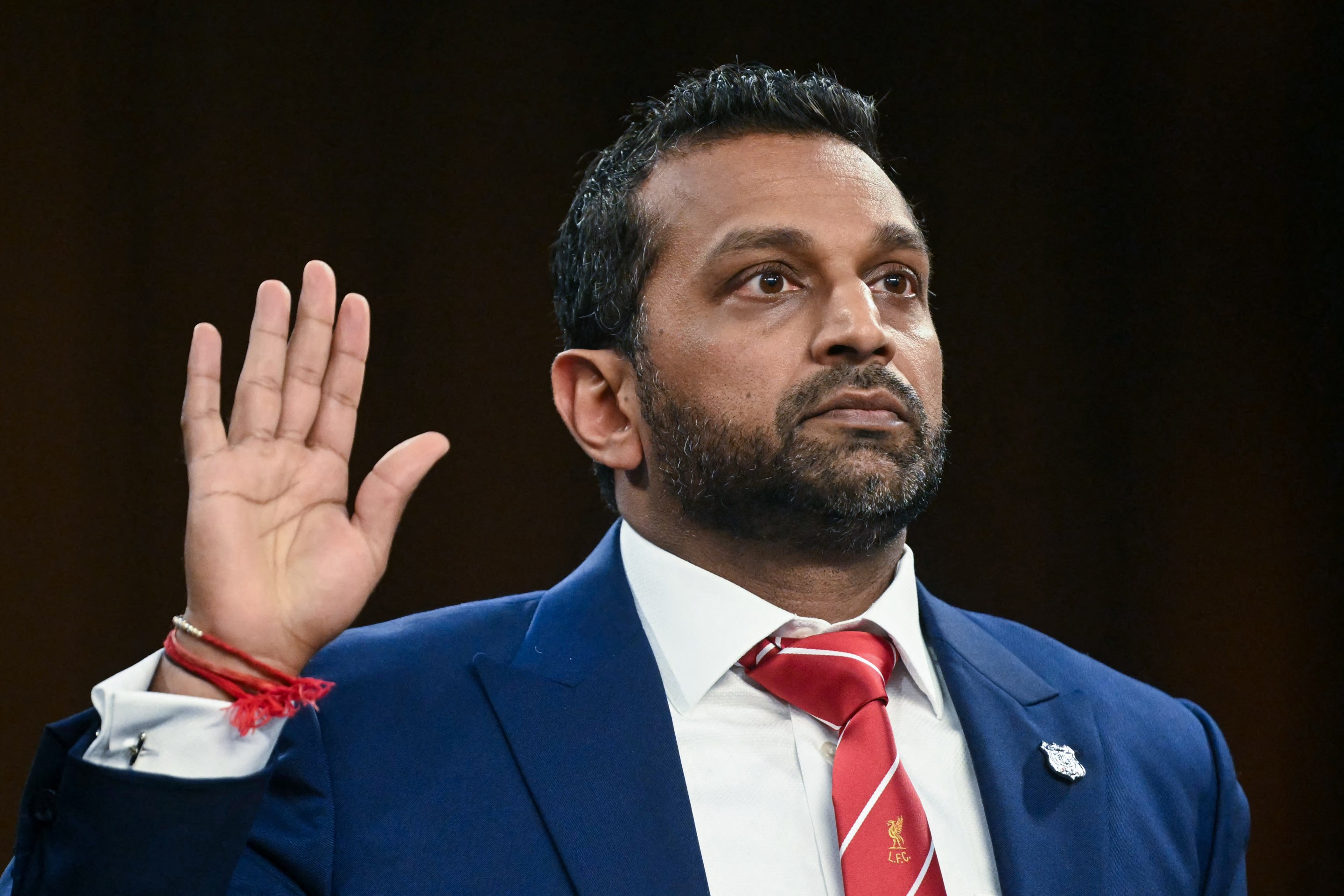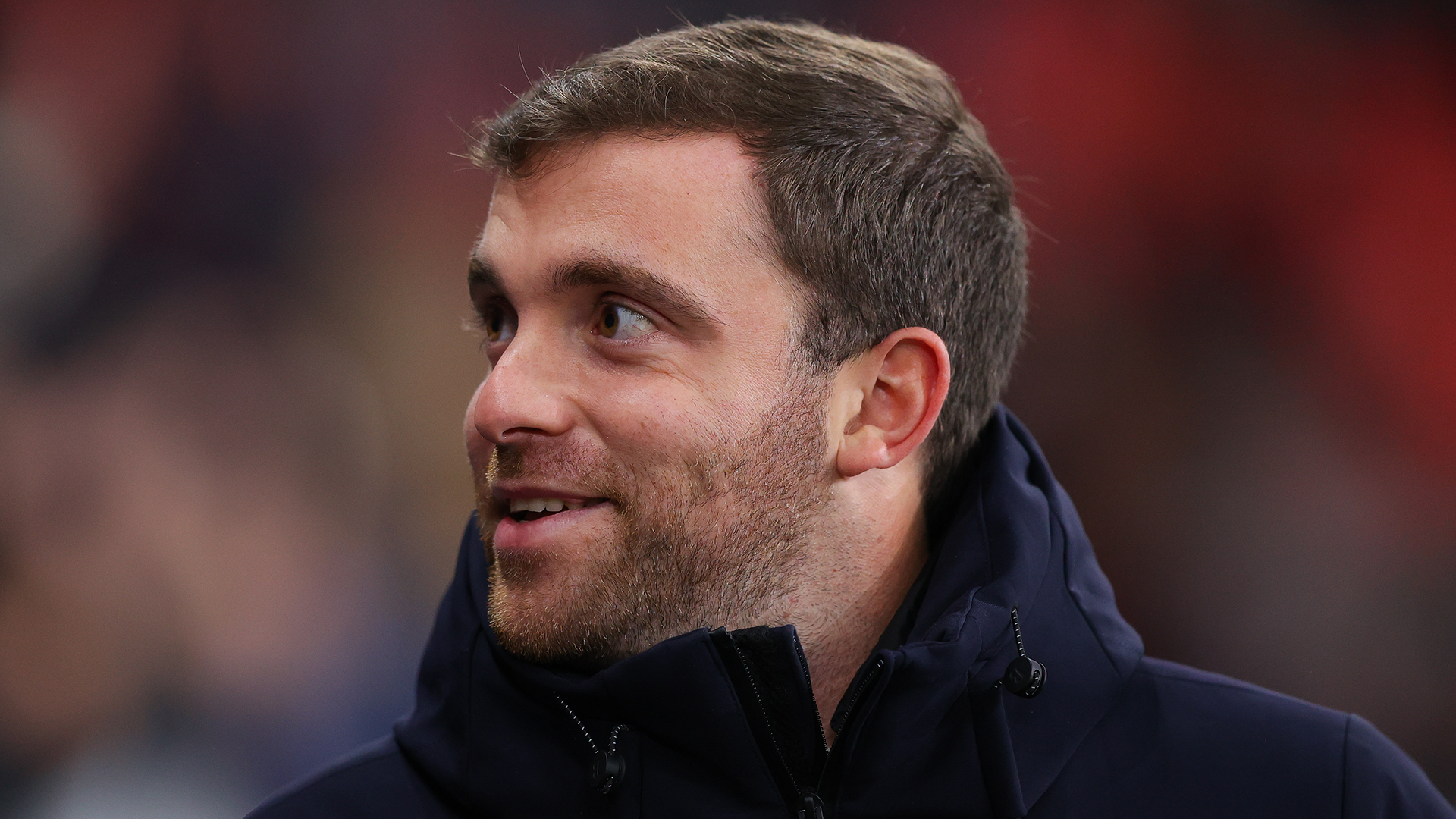The WNBA's long-looming, now-arrived "prioritization" problem has an unusual avatar, but not an unlikely one. She won't be playing in the WNBA's All-Star Game this Saturday in Las Vegas. She isn't Brittney Griner, whose detention crisis shone some light on the risks of playing overseas. She's not Diana Taurasi, who once sat out a prime WNBA season at the behest ($$$$$) of her Russian club. The new collectively bargained rule to impose restrictions on players who don't report to training camp stateside on time has one test case so far: Gabby Williams, a fun transition player and former UConn Husky who averages seven points a game and belongs squarely in the WNBA's middle class.
Last week, the Storm forward followed up a different Seattle athlete's "I'm just here so I won't get fined" with a gloomy declaration of her own: "I'm only here because I got concussed." The press conference was just after Williams's mid-season re-signing with Seattle, where she played in the 2022 season. She hadn't reported for the start of the WNBA season this May because her French team ASVEL was making a deep playoff run in the Ligue Féminine de Basketball, whose finals were scheduled to end after the WNBA season began. Under the prioritization rule this year, any player with three years of WNBA service time whose overseas obligations aren't "fully completed" by the start of the season are forbidden from signing with a WNBA team; next year, the rules change to require they be completed before the start of training camp. As it happened, Williams suffered a concussion just before the LFB finals started and though she did return from concussion protocol to play one finals game, the team ended up suspending her contract right afterward, leaving her overseas obligations technically "completed" before WNBA opening night and making her eligible to sign with a WNBA team, even if she hadn't intended to be.
So when a reporter asked Williams whether this whole episode made her confident that she could play both in the WNBA and for ASVEL going forward, she was quick to point out that her WNBA signing was all a fluke. "No, it doesn't! I'm only here because I got concussed," she said. "I still think prioritization is ridiculous. I'm sorry, I'll say it. I'm literally only here because I got concussed."
A few days later, Breanna Stewart and Napheesa Collier announced they were launching a Miami-based 3-on-3 offseason league for WNBA players, designed with the prioritization rule in mind. It is true that basically no one was happy with the status quo, of shuttling between the WNBA and overseas teams. Players (and their agents) lose out on endorsement opportunities when they're out of the American market six months a year. WNBA teams and coaches have to manage the roster chaos. The WNBA's higher-ups certainly don't like when their league is made to look like a side gig. "After 36 years of working in my working world, there wasn’t once where I wasn’t required to show up on time," commissioner Cathy Engelbert said this past September. With prioritization, the league's "solution" was to take a problem it created by making the WNBA a weird part-time summer league with shoddy pay; bristle at the consequences of its own decisions; and then make the players figure it out.
A real solution would entail some incentive to not play overseas. Maybe that's what this is: Stewart and Collier have said their new league, Unrivaled, will give 30 top WNBA players the chance to spend their offseasons in the U.S. at salaries commensurate to their WNBA ones. (Las Vegas Aces guard Chelsea Gray has already signed on to be a founding player.) The more interesting bit of news to me was what Stewart told ESPN in the first story about the league. "We can't keep fighting [the WNBA's prioritization rule]," she said. "It is a rule that takes away our choices, which should never be a thing, especially as women, but it is still a rule."
This reads as a critique of the rule, but really it's more like deference. When the latest CBA was signed in 2020, prioritization was presented as the tiny concession players had made in exchange for higher salaries and maternity leave, benefits that were owed to the players anyway. I wondered whether players might fight prioritization in the next collective bargaining agreement. Within Stewart's quote was the answer. It's the first law of union negotiating, anyway: If you give up some power, good luck ever getting it back.
Williams is the only player of note who risked missing the WNBA season—at first glance, that seems like a win for the WNBA, like the prioritization rules having their desired effect without much ado. But the new normal is probably not this uneventful. The international basketball schedule is quiet this year, and the rule will create more complications in Olympic and World Cup years, when other domestic leagues will need to be pickier about their own schedules. (The prioritization rule does include a carve-out for national teams—players can take short leaves to represent their countries in Olympic qualifying tournaments like EuroBasket or the Asia Cup—but even that hasn't gone 100 percent smoothly.)
Stewart and Collier may have found a creative workaround; certainly I am looking forward to watching Miami-mode Chelsea Gray cook 27 other WNBA players. But it's worth remembering that players have always had a vehicle for organizing and pushing back against the league when it makes them mad or limits their earning opportunities: their union. In any other case, two high-profile members launching a joint business venture would be an exciting opportunity for the union to show off the power of its players. But when the WNBPA quote-tweeted the Unrivaled announcement with "making moves!!" and several emoji, it struck me as a strange, ironic message to send: a union advertising the way its players got stuck with a bad deal.






